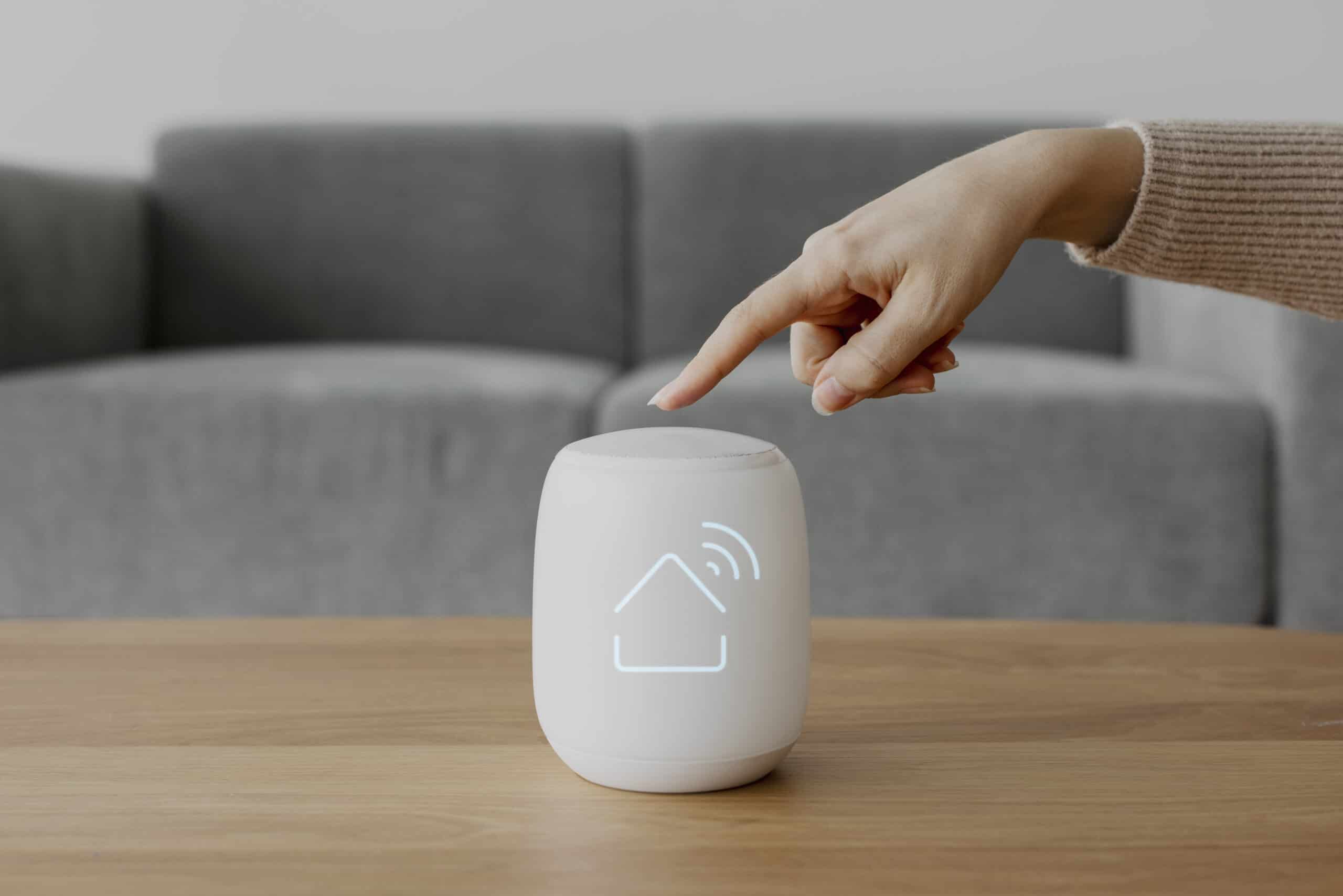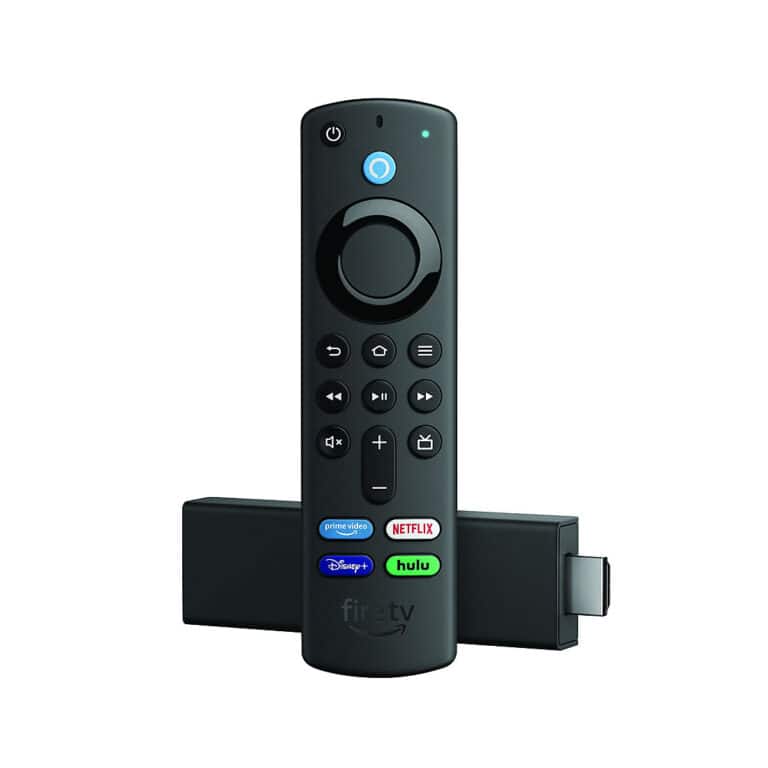Smart home devices are increasingly becoming a common feature in modern households, providing convenience and efficiency by automating and allowing remote management of various tasks. However, there are growing concerns about how these devices handle personal data and the potential for privacy invasion. As the convenience of smart technology increases, so does the risk of personal information being collected and possibly misused.
It is essential to find a balance between the advantages of smart home technology and the protection of privacy. While manufacturers often implement security measures to protect devices from unauthorized access, users also have a responsibility to practice strong security habits. Being aware of device settings, regularly updating software, and choosing secure network options are critical steps in keeping personal data as private as possible.
Smart Home Devices and Privacy: What You Need to Know
Smart home devices are becoming more and more popular. They offer convenience and control over your home. But they also raise privacy concerns. These devices collect data about your habits and activities. This guide will help you understand the privacy risks of smart home devices and how to protect yourself.
How Smart Home Devices Collect Data
Smart home devices use sensors and internet connections to gather information. This data can include:
- Your daily routines
- Your voice recordings
- Your location data
- Your home’s energy usage
- Your security camera footage
Privacy Risks
- Data breaches: Hackers could access your data.
- Data sharing: Companies may share your data with third parties.
- Unwanted tracking: Devices may track your activities even when you don’t want them to.
- Misuse of data: Companies could use your data for targeted advertising or other purposes.
Protecting Your Privacy
Here are some ways to protect your privacy when using smart home devices:
- Choose reputable brands: Select devices from companies with strong privacy policies.
- Secure your Wi-Fi network: Use a strong password and enable encryption.
- Review device settings: Understand the data collection settings and adjust them to your preferences.
- Disable unnecessary features: Turn off features you don’t need, like voice assistants or location tracking.
- Update your devices: Install software updates to patch security vulnerabilities.
- Be aware of what you say: Avoid discussing sensitive information near smart speakers.
Smart Home Device Privacy Table
| Device Type | Data Collected | Privacy Risks |
|---|---|---|
| Smart speakers | Voice recordings, user habits | Data breaches, unwanted tracking |
| Smart cameras | Video footage, facial recognition data | Data breaches, misuse of data |
| Smart thermostats | Home temperature, user schedules | Data sharing, targeted advertising |
| Smart doorbells | Video footage, visitor data | Data breaches, unwanted tracking |
Smart Home Device Security
In addition to privacy risks, smart home devices can also pose security risks. Hackers could take control of your devices or your home network.
Security Tips for Smart Home Devices
- Use strong passwords: Choose unique and complex passwords for your devices and Wi-Fi network.
- Enable two-factor authentication: This adds an extra layer of security to your accounts.
- Keep your devices updated: Install the latest security updates.
- Be cautious with third-party apps: Only install apps from trusted sources.
- Monitor your network activity: Watch for any suspicious activity on your home network.
By taking these precautions, you can help protect your privacy and security when using smart home devices.
Key Takeaways
- Smart home devices offer convenience but raise privacy concerns.
- Security measures and user practices are vital for data protection.
- Strong security practices include device updates and secure network choices.
Privacy and Security in Smart Home Ecosystems
Smart homes offer convenience but come with risks to privacy and security. Understanding these risks helps in protecting personal data.
Understanding Smart Home Technology
Smart homes rely on IoT, or Internet of Things, which connects devices like thermostats, cameras, and lights to the internet. These connected devices can learn from your behavior and adjust settings automatically to improve comfort and efficiency. However, the personal information they gather can become a privacy concern if not managed properly.
Risks to Privacy and Personal Data
Privacy risks in smart homes stem from the very nature of these systems. Many devices collect data on your habits and preferences. This data collection can lead to concerns over who has access to your information and how they might use it. Additionally, smart devices can become targets for hackers, leading to potential data breaches. When data protection is inadequate, the privacy of consumers is at stake.
Mitigating Security Vulnerabilities
To secure a smart home, start with a strong and unique password for each device and your Wi-Fi network. Regularly update all devices to ensure the latest security patches are in place. Educate yourself on each device’s privacy policy and configure privacy settings to control the type and amount of data shared. Utilize firewalls and consider a separate network for your IoT devices to prevent an intruder from accessing all devices if one is compromised.
Navigating the Smart Home Privacy Landscape
Smart home devices have reshaped our daily living with convenience and efficiency. However, these advancements bring fresh challenges in privacy and security as they become more intertwined with our personal spaces.
Smart Home Devices and User Control
Smart gadgets like cameras, thermostats, and door locks provide improved comfort and control. To ensure privacy, users should actively manage their devices. This means regularly updating firmware and using features like wake words for virtual assistants like Siri, Alexa, and the Google Assistant. Restrict access to your home router, and secure your network to reduce vulnerabilities.
- Strong Passwords: Always use unique, complex passwords for each device.
- Access Controls: Limit which smart devices have internet connectivity. Disable features that aren’t needed to prevent unnecessary data collection or exposure.
Best Practices for Data Security
Keeping your smart home devices secure involves a set of best practices. Use two-factor authentication where available and ensure all devices receive regular security updates. Install antivirus software on devices that support it, and consider a security audit of your home network.
- Routers: Update settings for stronger security options.
- Check Permissions: Review what data each device collects and how it’s used. Less is more when it comes to personal information.
The Impact of Legislation on Privacy
Legislation like the GDPR in Europe offers a framework for consumer protection and privacy rights in the digital arena. However, data sharing with third-party companies and advertisers remains a concern. Be aware of the trade-offs between convenience and privacy in home automation systems. New laws continue to shape how tech companies manage data, emphasizing the need for transparency and user control.
- Consumer Awareness: Stay informed about the privacy policies of devices and services you use.
- Advocate for Privacy: As consumers, request clearer controls and disclosures from manufacturers of smart home devices.
Frequently Asked Questions
Smart home devices bring convenience but also raise serious privacy concerns. They collect data, raising questions about where this information goes and who can access it.
What are the privacy risks associated with smart home devices?
Smart home devices store personal data from daily routines. This data could be exposed if the device security is breached, leading to potential risks such as identity theft or personal privacy invasion.
How can smart home devices potentially compromise personal security?
Devices with cameras or microphones can be hacked, allowing unauthorized individuals to watch or listen. Poorly secured devices may provide a gateway for hackers to access other devices on the same network.
What steps can be taken to enhance privacy when using smart home systems?
To improve privacy, users should use strong, unique passwords, enable two-factor authentication, and regularly update device firmware. They should also be selective about the devices they purchase, looking for those with strong security features.
Can smart home devices be used to spy on individuals, and if so, how?
Yes, if compromised, smart home devices with recording capabilities can be turned into spying tools. Hackers can exploit vulnerabilities to access the devices remotely.
What are the most common security challenges with smart home technologies?
The common challenges include ensuring devices receive consistent security updates, managing password integrity, and protecting the data transmitted between devices and servers from interception.
How effective are smart home systems in protecting user privacy?
Effectiveness varies by manufacturer and device. Some prioritize security, offering encryption and regular updates, while others might have less stringent privacy measures, potentially leaving users more exposed.


